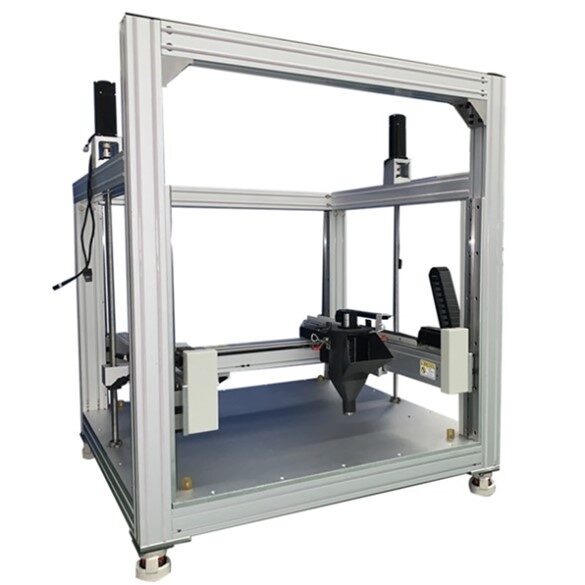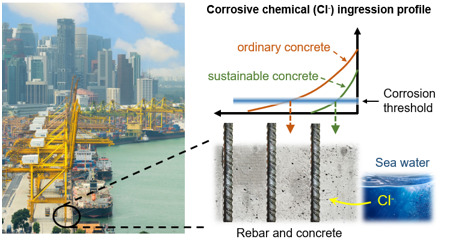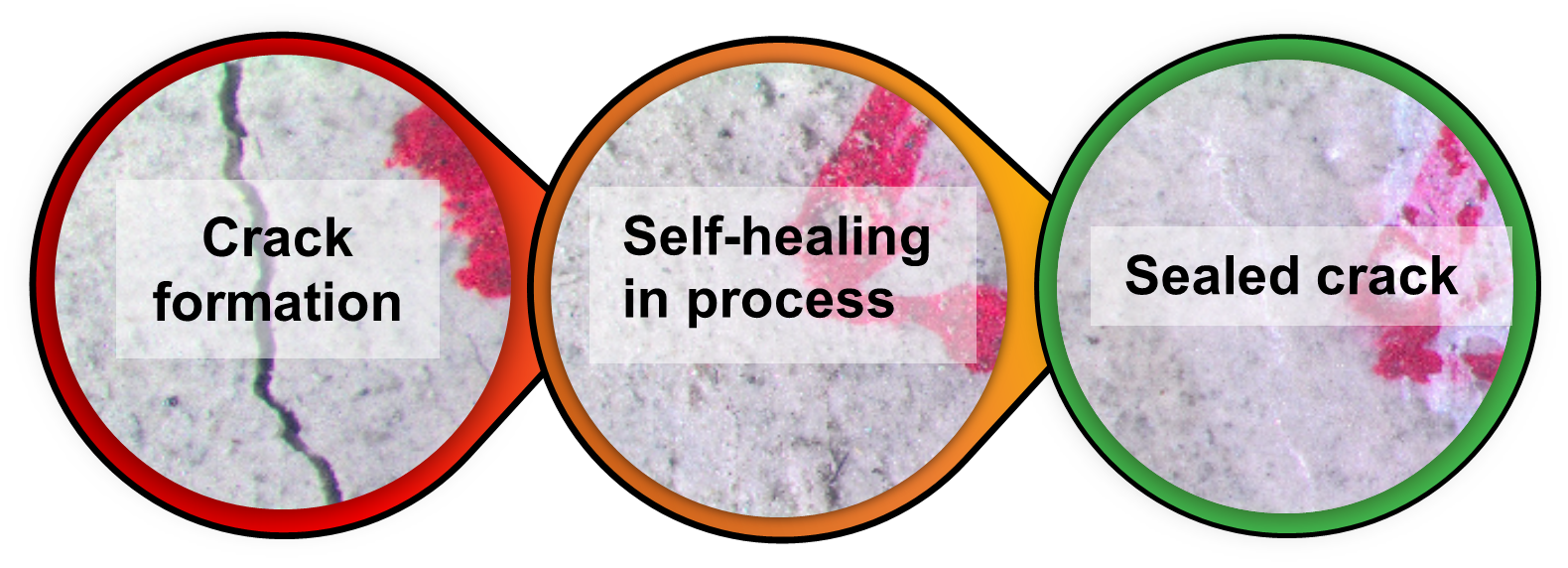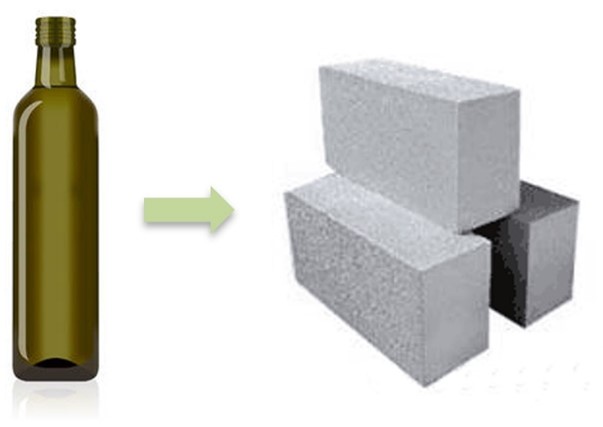-
-
- Bridging Scales from Below: The Role of Heterogeneities in the Global Water and Carbon Budgets
- Increasing Occurrences of Cyanobacterial Blooms Driven by Climate Change Factors
- Carbon Capture and Utilization
- Integrated Coastal-Inland Flood Model for Climate Change
- Pathways for Sustainable and Climate-Resilient Planning of Water-Energy-Food Security Nexus
-
- Air Quality and Health: A Paradigm Shift
- Surface Water Quality and Emerging Contaminants
- Microbial detoxification of persistent organohalide pollutants (POPs)
- Nutrients Removal in Waterbodies via Sustainable Pathways
- Centre for Water Research (CWR) researchers join their forces with U of T researchers for microplastics pollution detection and control in water and wastewater
- Dealing with Hard-To-Treat Industrial Wastewater
- Valorization of Bioresources – Towards a Circular Economy
-
- Intelligent Traffic Diffusion Plan Generation, Effective Assessment and Dissemination Strategies
- Transforming Waste into Resources for Infrastructural Development
- Look-Ahead Integrated Geophysical Investigation System (IGIS) for Singapore Tunnels
- Next-Generation Airport Pavements with Full-Scale Instrumented Testing
-
- Centre for Advanced Materials and Structures (CAMS)
- Centre for Hazards Research (CHR)
- Centre for Resilient Underground Infrastructure and Engineering (CRUISE)
- Centre for Transportation Research (CTR)
- Centre for Water Research (CWR)
- Centre for Resource Circularity and Resilience (CR)2
- Centre for Offshore Research and Engineering (CORE)
- Centre for Environmental Resilience (CES)
- Safety & Health Committee
- Completed Research Projects
- Research Brief
- Achievements (in the media)
Resilient Infrastructures
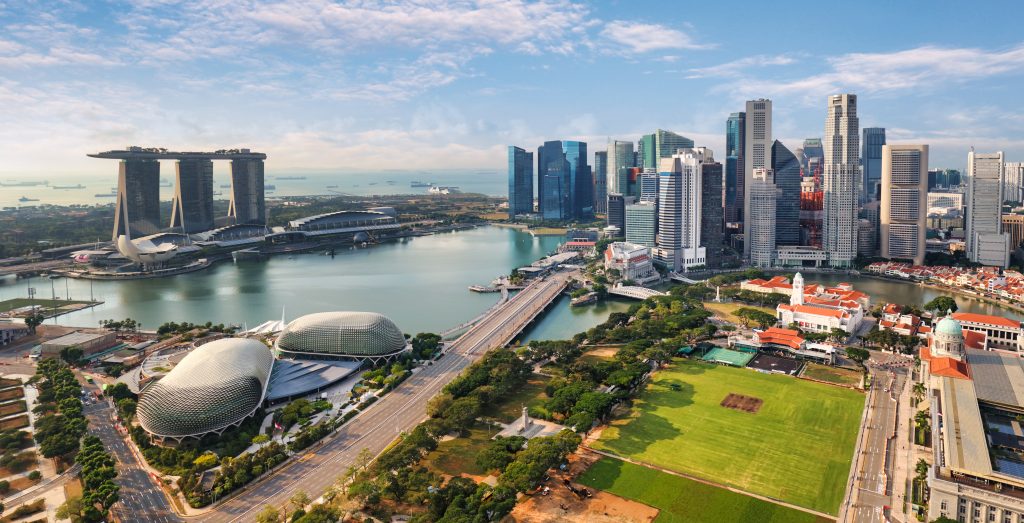
Oxford Economics forecasts a US$94 trillion investment in global infrastructure by 2040 to meet the demand for access to critical resources required by societies. The next-generation infrastructure in Singapore faces a series of new challenges, characterized by both climate-change driven environmental conditions and artificial hazards in an increasingly sophisticated modern infrastructure system. Multiple hazards may act simultaneously to pose safety threats to infrastructure systems, which were conventionally designed against a single extreme event. “Resilient infrastructure” here is therefore defined as infrastructure systems which are capable of retaining the basic operation and functionalities of the structures with sufficient structural capacity by absorbing multiple disruptions caused by artificial and environmental actions.
This research cluster aims to deliver multi-disciplinary and sustainable solutions to create smart and resilient infrastructural systems, which are not only robust in multi-hazard events, but also digitally enhanced to optimize the life-cycle cost in the framework of circular economy. To promote the understanding of resilience, knowledge-based analytics will be essential to profile the risks in infrastructure system failure and the dependence in the infrastructure network. The new resilient infrastructure relies fundamentally on the integration of sustainable high-strength materials in innovative structural solutions to deliver a durable system with reliable structural resistance. In the framework of the circular economy, infrastructure systems, which are adaptable to different purposes and functionalities in their design life, will significantly enhance the whole life value of the system and minimize the carbon footprint.
To equip our society with infrastructure adaptable to the future challenges described above, this research cluster thus embraces the following themes: design for multi-hazard robustness; risk of systemic failure of infrastructure and lifeline systems network; resilient infrastructures to mitigate climate change and seawater rise; sensor-interfaced digital twin solution for infrastructure resilience; mitigation measures in design of buildings against progressive collapse.
Director: Assoc Prof Qian Xudong
Co-Director: Assoc Prof Poh Leong Hien
Research Focus
Design of multi-hazard robustness
Develop design solutions for the next-generation infrastructure capable of sustaining multiple, extreme environmental and/or artificial actions
Risk of systemic failure of infrastructure and lifeline systems network
Enhance the reliability of the infrastructure and lifeline systems network by understanding the risks of the failures and the inter-dependence of the lifeline systems.
Resilient infrastructures and sustainable materials
Propose new infrastructure solutions to address the sea level rise caused by the climate change and to optimize the use of spacing in Singapore, by exploring green, low-carbon construction materials with improved long-term properties
Sensor-interfaced digital twin solution for infrastructure resilience
Develop digital prototype for physical structures with data driven models extended beyond the sensor data for real-time monitoring as well as predicting the future performance of infrastructure
Mitigation measures in design of buildings against progressive collapse
Evolve innovative design solutions to increase the resistance against the progressive collapse of next-generation buildings under extreme loading conditions
Highlights
Ongoing Projects
| TITLE | PRINCIPAL INVESTIGATOR |
|---|---|
| Understand and Predict: Marine Concrete Degradation under Climate Change | Dr Geng Guoqing |
| Effective Absorption of Low Concentration CO2 Flue Gas for Sustainable Urban Development | Dr Geng Guoqing |
| Fast Installation Connection Design for Steel and Composite Structure | Assoc Prof Pang Sze Dai |
| Data Driven Design of Concrete Structure Against Impact Loading | Assoc Prof Poh Leong Hien |
| Tailored Auxetic Metamaterial for Protection Against Impact Events | |
| Development of Design Guidelines for Precast Concrete and Steel-Composite Structures Against Progressive Collapse (Precast/ Steel Concrete) | |
| 3D Printed Shaped Charge Copper Liners with Improved Performance | |
| Resolving the 3D Porous Structure of C-A-S-H at the Mesoscale |
Dr Geng Guoqing |
| Engineering a Sustainable Cementitous Material Containing Clay and Limestone | |
| Survivability
(Partner Centre: Centre for Offshore and Research Engineering) |
Assoc Prof Low Ying Min |
| Enhanced Connection Technology for Modular Structures in Strong Seismic Regions | Assoc Prof Qian Xudong |
| Integrity
(Partner Centre: Centre for Offshore and Research Engineering) |
|
| Development of Sustainable Self-Healing Concrete by Use of Recycled Materials | Dr Kong Kian Hau |
People
- Assoc Prof Qian Xudong (Director)
- Assoc Prof Poh Leong Hien (Co-Director)
- Emeritus Professor Cheong Hin Fatt
- Emeritus Prof Leung Chun Fai
- Emeritus Professor Somsak Swaddiwudhipong
- Honorary Fellow Assoc Prof Tan Siew Ann
- Honorary Fellow Assoc Prof Tam Chat Tim
- Honorary Adjunct Prof Phoon Kok Kwang
- Distinguished Prof Philip Li-Fan Liu
- Prof Chan Eng Soon
- Adjunct Prof Choo Yoo Sang
- Prof Chow Yean Khow
- Prof Koh Chan Ghee
- Prof Lee Fook Hou
- Prof Liew Jat Yuen Richard
- Prof Quek Ser Tong
- Prof Tan Kiang Hwee
- Prof Vladan Babovic
- Prof Yong Kwet Yew
- Adjunct Prof Wang Chien Ming
- Assoc Prof (Practice) Anand Sarma
- Assoc Prof Ang Kok Keng
- Assoc Prof Chian Siau Chen, Darren
- Assoc Prof Goh Siang Huat
- Assoc Prof Low Ying Min
- Assoc Prof Ong Ghim Ping, Raymond
- Assoc Prof (Practice) Okky Ahmad Purwana
- Assoc Prof Pang Sze Dai
- Adjunct Assoc Prof Tan See Chee
- Dr Chew Soon Hoe
- Dr Geng Guoqing
- Dr Kong Kian Hau
- Dr Kuang Sze Chiang, Kevin
- Dr Ong Pang Awn, Paul
- Dr Ooi Seng Keat


